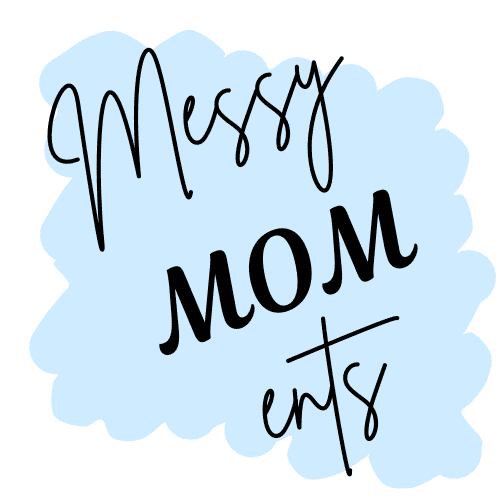
My Story: From Overwhelm to Hope

In 2016, my parents and I were caring for four foster children under the age of three. The youngest had just come home from the hospital on oxygen, the one-year-old was constantly tugging at her oxygen tube, and the two- and three-year-olds teetered on the edge of explosive, often dangerous, meltdowns. Sleep was rare—between the three of us, we barely managed one to two hours each night. For the first month or so of difficulties, Social Services offered sympathy but no practical support.
At the same time, I worked at an alternative school, supporting a preteen who struggled with daily physical aggression and self-harm. The exhaustion was crushing—my doctor was considering a Chronic Fatigue Syndrome diagnosis just so I could take medical leave. To make matters worse, my home church felt increasingly isolating, with little support even from leadership.
I was drowning.
Out of desperation, I signed up for a trauma parenting class and tried new churches. I devoured every book I could find on trauma, healing, and parenting kids with challenging behaviors. Slowly, things began to shift. I found a church that welcomed us—meltdowns and all—and I cried after our first two weeks there, overwhelmed by genuine acceptance. It felt like finding a life raft.
That journey led me back to school, where I completed a Bachelor of Ministry in Counselling. While I wasn’t sure how I would use it, God used conversations with my pastor about the lack of real support for parents to nudge me. With a mix of fear and hope, I offered to lead a parenting class at my church. Despite a small turnout—and interruptions from the pandemic—it made an impact. One parent told me it was the first time in years they felt hopeful for their child.
Soon after, I was invited to assist with volunteer and staff training for organizations. Wanting to deepen my expertise, I pursued a Trauma-Informed Certificate.
Today, I am an imperfect, neurodivergent, homeschooling parent and guardian to three of those children. I also homeschool the fourth, who is now my adopted brother. Life is still hard—there are tough days and weeks—but there is also joy, hope, and the confidence that comes with hard-earned experience.
Now, I help parents who feel overwhelmed and hopeless, just as I once did. I offer practical tools and compassionate guidance to help them rediscover joy and confidence in parenting. I also enjoy working with organizations, helping them better understand and respond to trauma and neurodivergence—creating spaces that reflect the heart of Jesus by truly welcoming the least of these.